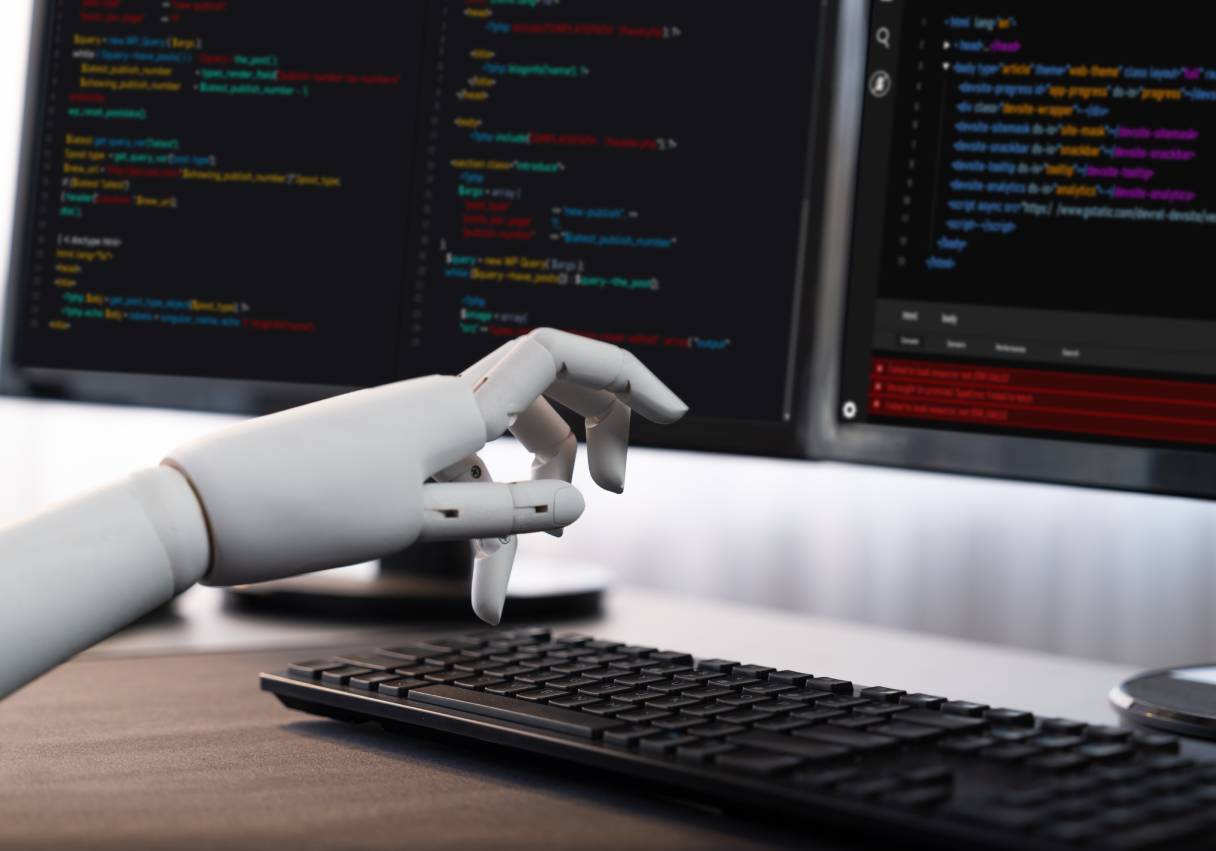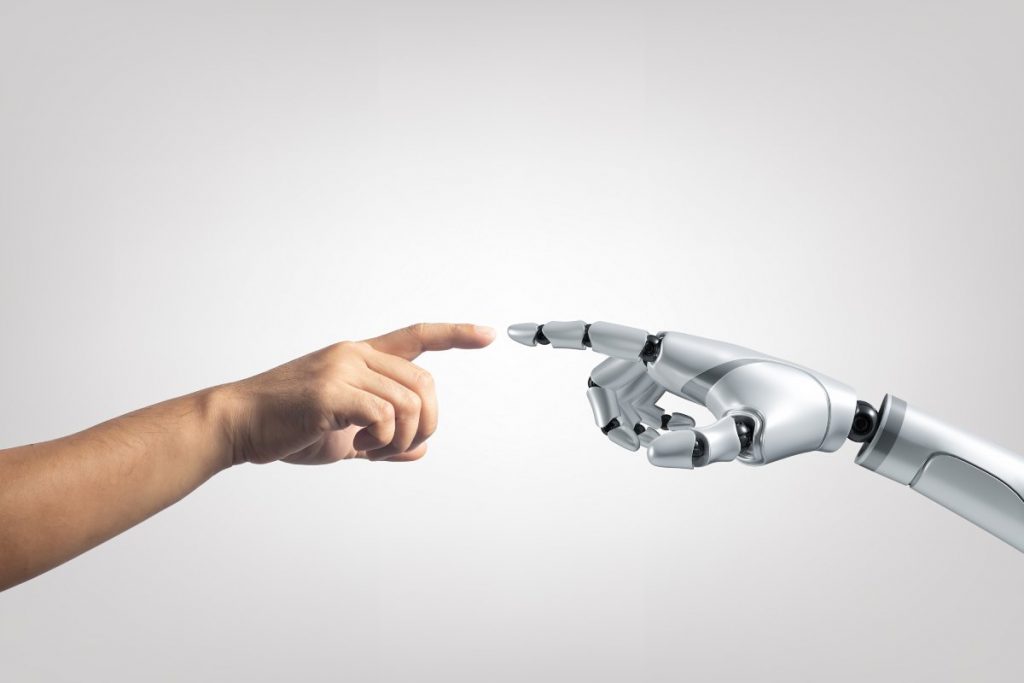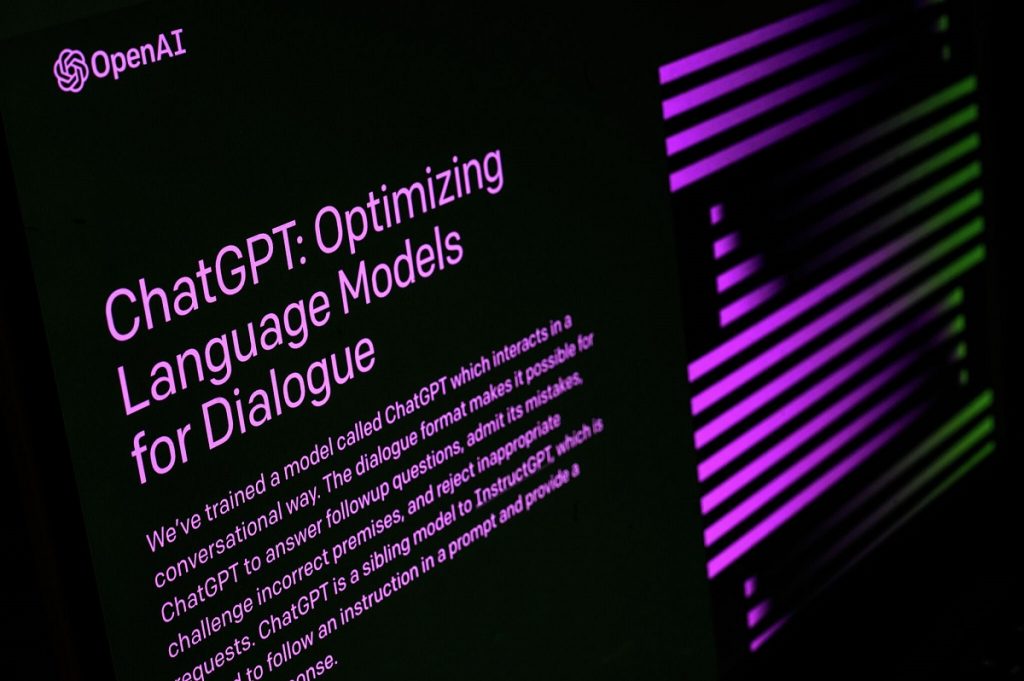Artificial Intelligent and Machine Learning were once privileged exclusive technologies primarily utilized by tech giants in the past due to their high cost and limited understanding of these fields. Fast forward to today, these innovations have become somewhat accessible to businesses and personal uses across the globe. They have contributed a fair share in enhancing productivity, resulting in faster product delivery and increased return on investment (ROI). This was confirmed by 80% of the businesses surveyed in the Digital Transformation Trends for 2021 report.
Everything has its automation installed to optimize operations, maximize productivity, avoid little to no downtime, to generate revenue while keeping its expenses to a minimum continuously. Therefore, AI and Machine Learning have quickly become the core technology components of software development that provide a competitive edge and aid in achieving more precise results within a shorter time span. This holds particularly true for the Quality Assurance function, which includes test automation.
Nevertheless, implementing these technologies comes with challenges. Research by Gartner indicates that only 53% of AI projects have been recorded as successful. Then, what are the steps for seamlessly integrating AI and Machine Learning into software testing automation processes to guarantee success? What are the advantages they bring to the table?

Test automation empowered by AI and Machine Learning: Which perspective do you align with?
Statista predicts that the AI market alone will achieve a substantial milestone, surpassing $126 billion by 2025. It is not at all surprising! Since AI and Machine Learning not only helped businesses significantly in improving the quality of IT products, optimizing the software testing process, and developing the overall performance but also supported companies in:
- Enhance time-to-market efficiency: While conventional test automation enables faster software delivery, integrating AI and Machine Learning into the process facilitates even swifter deployment of IT solutions as it triggers the learning capability automatically, making it easier to handle operations to a certain extent with repeated patterns, catering to the constant transformation of software development methodologies and the continually rising demands of end-users.
- Minimize discrepancies: Through the implementation of intelligent decision-making and automated process control, organizations reduce the need for human intervention, effectively eliminating the human factor. This streamlines Quality Assurance efforts and enables specialists to concentrate on core objectives, freeing up their time.
- Boost flexibility: In the face of ever-evolving changes in software development approaches, Quality Assurance processes, customer requirements, and more, AI and Machine Learning technologies prove to be more adaptable than human beings. These innovations swiftly and automatically adjust all essential components and workflows within seconds.
- Enhance test coverage comprehensively: Through automated test coverage detection, it becomes possible to generate a significantly higher number of scripts within an hour while efficiently executing them and obtaining results. This streamlined approach ensures optimized scope throughout the testing process.
- Strengthen codeless automation capabilities: Manual script writing is a time-consuming and labor-intensive task, but AI and Machine Learning technologies simplify traditional automated testing by enabling codeless checks. As a result, intelligent test automation tools can assess Quality Assurance risks, update test cases, detect issues, prioritize tasks, and perform numerous other functions, streamlining the testing process.
AI, Machine Learning, are you there to help test automation?
Based on the World Quality Report 2021-22 findings, the adoption of automated testing proved highly advantageous for companies in the previous year. A significant majority of respondents (63–69%) acknowledged improved oversight and transparency in their testing processes, along with a notable boost in return on investment (ROI). However, these organizations are eager for further enhancements and advancements.
Introduce smart test scripts writing
During software interactions, AI performs various tasks such as data collection, screenshot capturing, and load testing. Through repetitive iterations, machine learning technologies familiarize themselves with the anticipated patterns and compare them with the program’s behavior. If any deviations are detected, Machine Learning algorithms flag them as potential errors. At this stage, quality assurance specialists manually assess whether the identified issue is a genuine bug. The Software Testing and Quality Assurance experts conduct final verifications to determine the subsequent course of action.
Enhance test automation efficiency with self-healing AI functions
Self-healing AI tools exhibit a remarkable ability to quickly adapt to changes in the application’s user interface (UI). These tools conduct tests that comprehensively identify all elements and activities within the app, recording them and evaluating potential quality assurance risks.
When AI and Machine Learning powered algorithms detect any modifications, the tests adjust accordingly. This proactive approach helps mitigate threats before they manifest, effectively discerning between normal and abnormal program behavior. In the event of deviations, the tools initiate recovery activities.
The true extent of benefits from AI-based projects becomes evident primarily in the long run. As machine learning systems encounter and address numerous errors, their subsequent performance becomes more efficient and reliable.
Conducting GUI test automation with Machine Learning
The testing of graphical user interfaces (GUI) has reached a new level of advancement. The traditional approach of manually inspecting UI elements based on mock-ups has been automated using machine learning algorithms.
The adoption of image-based testing is gaining prominence as Machine Learning-powered algorithms possess the ability to identify diverse patterns and conduct visual verifications across different devices and configurations.
Considering that a significant 81% of consumers are willing to pay a premium for an enhanced UI experience, the margin for errors is virtually nonexistent, according to the findings of Capgemini.
Consequently, Machine Learning based technologies streamline the process of automated GUI testing, facilitating the development of reliable and user-friendly software.
Automated monitoring
Automation has significantly diminished the need for human intervention and expedited testing procedures compared to manual approaches. The integration of AI and Machine Learning technologies further enhances workflow efficiency.
However, certain tasks still necessitate human monitoring and decision-making. To maintain uninterrupted software and hardware operations without interruptions or pauses for human actions such as control, inspection, analysis, and more, forward-thinking companies are implementing AI and Machine Learning enabled algorithms. These algorithms optimize routine tasks and reduce delivery time, allowing for streamlined processes and improved productivity.
Closing Remarks
As Machine Learning and AI continue to gain traction as trending innovations, organizations are leveraging their capabilities to expedite time-to-market and gain a competitive edge.
While AI and Machine Learning can be valuable components of the Quality Assurance process, they can only partially replace certain manual activities or software testing automation-related checks later. Nevertheless, for specific tasks, particularly those mentioned earlier, AI and Machine Learning lend quite a helping hand to simplify Quality Assurance processes. However, when introducing such technologies, evaluating the trade-off between the saved Quality Assurance efforts and any additional efforts required by other teams is essential. A simple example is the bug submission process. While AI can save effort for Quality Assurance engineers, it is necessary to assess the effort developers will need to understand and validate the bugs identified by AI and determine if AI can detect duplicate bugs effectively.
In the pursuit of optimizing operational and business processes, AI and Machine Learning powered technologies are the main factors in streamlining test automation workflows and reducing human intervention. Through intelligent test script writing, Machine Learning-based monitoring, self-healing AI functions, and image-based GUI test automation, companies are securing leading positions in the market by delivering error-free and secure software in production.
Don’t be afraid and stay out of this exciting future! Reach out to SHIFT ASIA – the leading software testing company established in 2016, to get the support you’re looking for. With the wide range of IT outsourcing categories in the software industry, ISTQB-certified experts, and cutting-edge technology, SHIFT ASIA will keep you going forward, reaching the goals and missions you have set out to.
ContactContact
Stay in touch with Us





